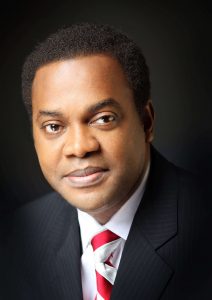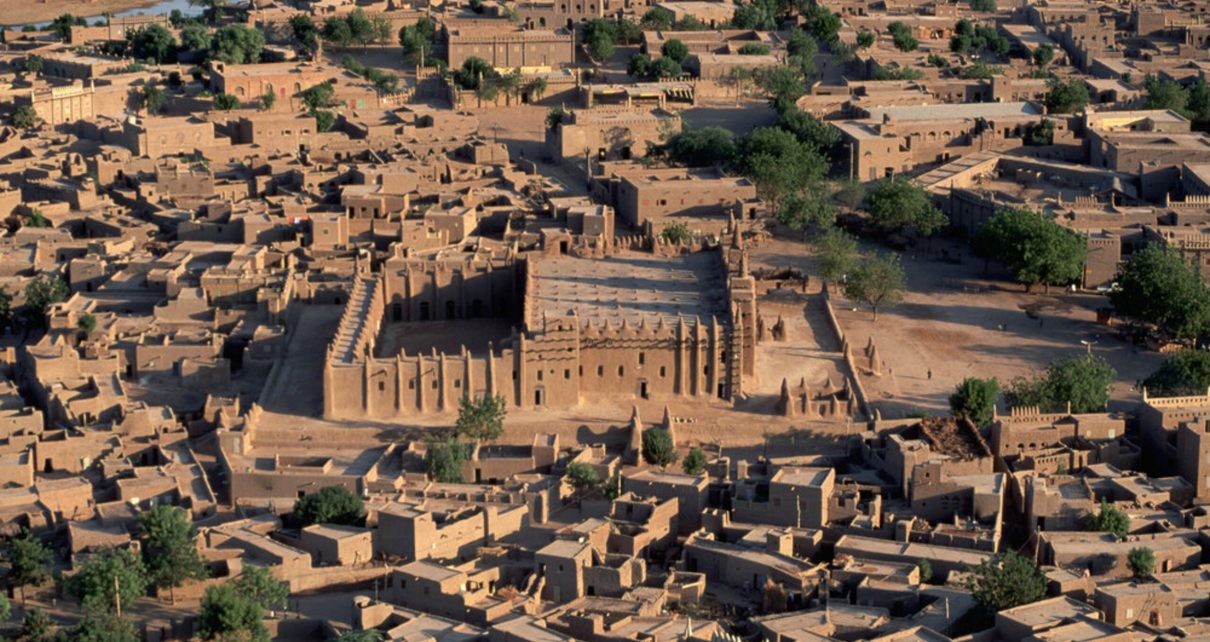
America lost Africa for four years under Donald Trump. The Joe Biden Administration can regain it. Essentially, the United States should resist the temptation to compartmentalise the world into neatly convenient areas of descending strategic interest to it. The Trump Administration was a past master at that game. Its ideological war with China privileged the Indo-Pacific region over all others. Incidentally, the region was known as the Asia-Pacific before the Americans decided to rename it, in order to bring in India as a counterweight to China. (Hence the “Indo”).
A new strategic geography was created almost overnight. The rest of the world had no choice but to live with this imagined creation and readjust its own priorities. Japan, South Korea, Australia and the ten countries of the Association of Southeast Asian Nations suddenly found themselves to be a part of the Indo-Pacific. True, the geographical concept of the Indo-Pacific precedes the Trump ascendancy, but his political construct of a Free and Open Indo-Pacific was a thinly-veiled attempt to contain China.
After the Indo-Pacific came the European Union. The North Atlantic Treaty Organisation bound Europe existentially to America, except that Russia was in no mood to give up its historical dominance of eastern Europe. The Russian annexation of Crimea in 2014 marked the limits of trans-Atlantic power in Europe, the American invocation which had sought to write Russia out of contemporary European history simply because the Soviet Empire had dissolved.
Thanks to the successful American invasions of Afghanistan and Iraq, and regime change in Libya, the Middle East receded from American priorities, except for Syria, where Russian and Iranian intervention upheld the Bashar al-Assad regime against the sustained Western assault on it.
The North, Latin and South Americas formed the next tier of interest to the United States. Physical proximity does not guarantee foreign policy visibility. Neither Canada nor Mexico threatened America militarily. The only challenge was the demographic one: the steady arrival in the United States of illegal immigrants from impoverished neighbors. The Trump dispensation went to work on securing borders.
Then came Africa. It did not have a China to question the primacy of the United States. It did not have a Britain or a Germany that had produced the historical template for the United States of America. Unlike the Middle East, it did not have a religious community extensive enough to pose the challenge of a clash of civilizations with a largely Christian but ultimately secular United States. And Africa lay nowhere close to America.
Hence its place at the bottom of the American strategic barrel. In the American imagination, Africa was compartmentalized out of its geographical identity as a world civilization. By that term, I mean a continent where human history began, where humans held on to their agency as historical actors in spite of the colonial Scramble for Africa, and where thinkers and activists participate in the unfolding of global history to this day.
It is that Africa which America should re-engage after the hiatus of the Trump years. The key to that re-engagement lies in China.
This point is made trenchantly by Rand Corporation senior political scientist Michael Shurkin in a recent article. “Seeing Africans as Africans and not pawns in some great game paradoxically could go a long way toward strengthening the United States’ position in its competition with other powers,” he argues, “especially if it translates into engagement with, and investment in, African economies and institutions in ways that are not limited to and transparently about countering Chinese moves.”
Shurkin lays out the demographic stakes on the table. Africa’s share of the global population stands at 17 per cent, he points out, and it is projected to grow to about 25 per cent by 2050 and 40 per cent by 2100. Four sub-Saharan African countries are projected to be among the ten most populous nations in 2100, among them Nigeria, Ethiopia, the Democratic Republic of Congo, and Tanzania. America, by contrast, is projected to be inhabited by 424 million people.
Even assuming that China continues on its growth strategy till then, would it not make sense for 424 million Americans to recognize Africa’s demographic strength, economic potential and political weight in international affairs at that time in the future? If so, the effort to build bridges with Africa should begin now.
The Biden Administration needs to shift Africa out of America’s China strategy. Africans are not interested in the global balance of power between the United States and the
People’s Republic of China because they do not wish to have to choose between friends. China’s economic links with Africa are welcome, particularly in the realm of infrastructure and connectivity. Equally so, however, are American investment, technical know-how, and strategic heft.
Everywhere in this world, Chinese are a fact of economic, political and strategic life. That fact cannot be wished away. Equally, however, Americans are a cultural fixture of African life. I cannot think of a single African nation where the majority of citizens hate and reject the American way of life. The heady mix of personal, economic and political freedom that the United States promises — although it does not produce that combination always for all its citizens — is a lodestar of the African sky.
Africans admire China for its economic progress and its sparkling ability to preserve law and order. America seems messy by contrast, but its political freedoms show a way out of the mess. Africans, who love prosperity and freedom in equal measure, are neither pro-Chinese and anti-American nor the other way around. Africans are pro-African. So should the United States be. China does not ask Africa to choose between it and America. Nor should America.
Africa was known once, in the most racist of ways, as the Dark Continent. It became the Lost Continent under Trump. Under Biden, it could become a part of the world regained for America.
Africans welcome the new dawn. Let the sun shine now.
•Duke is a former Governor of Cross River State



